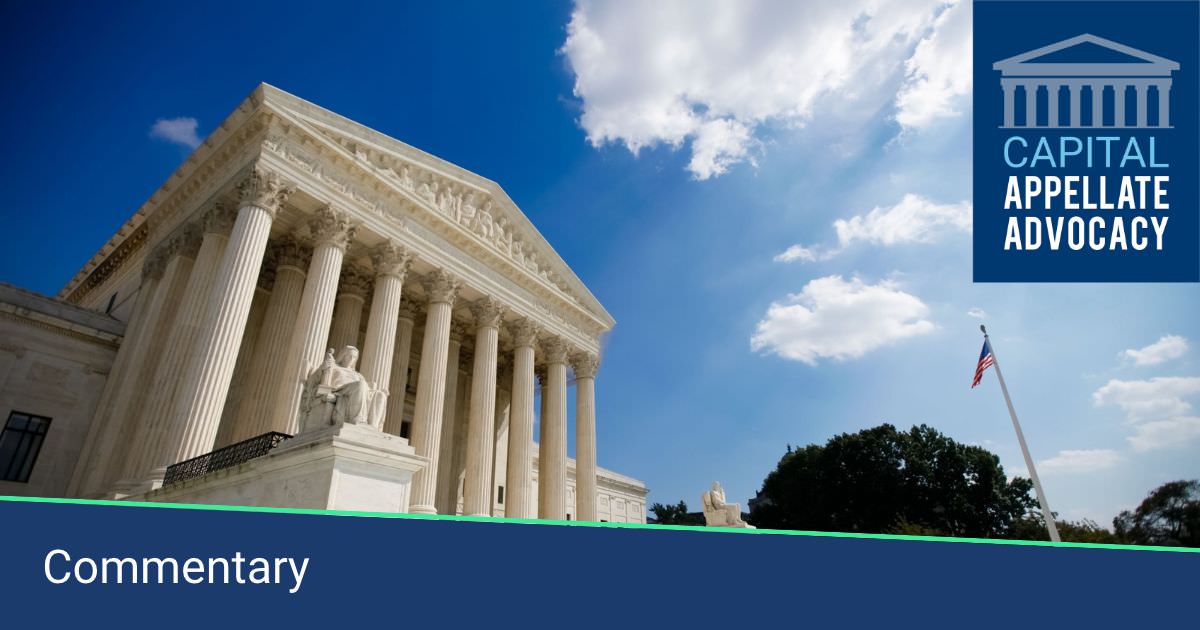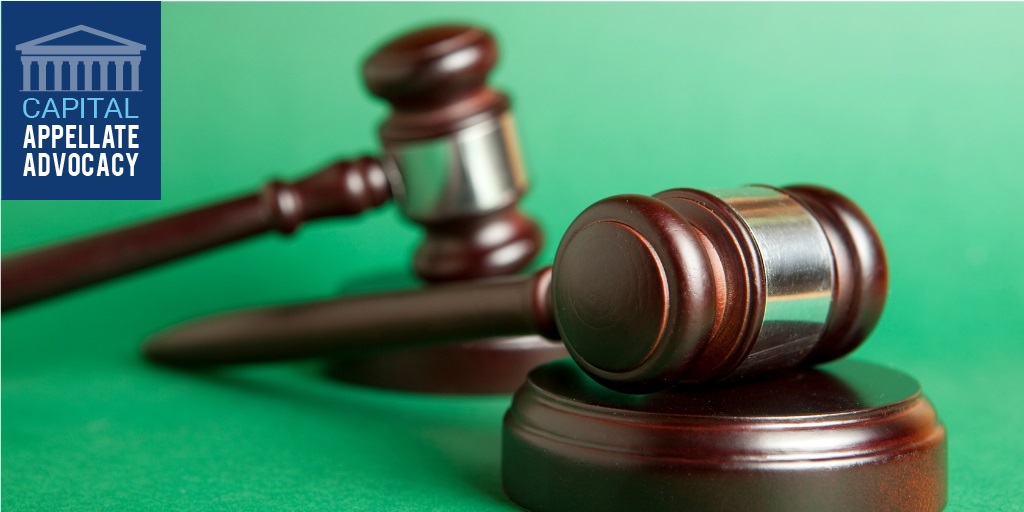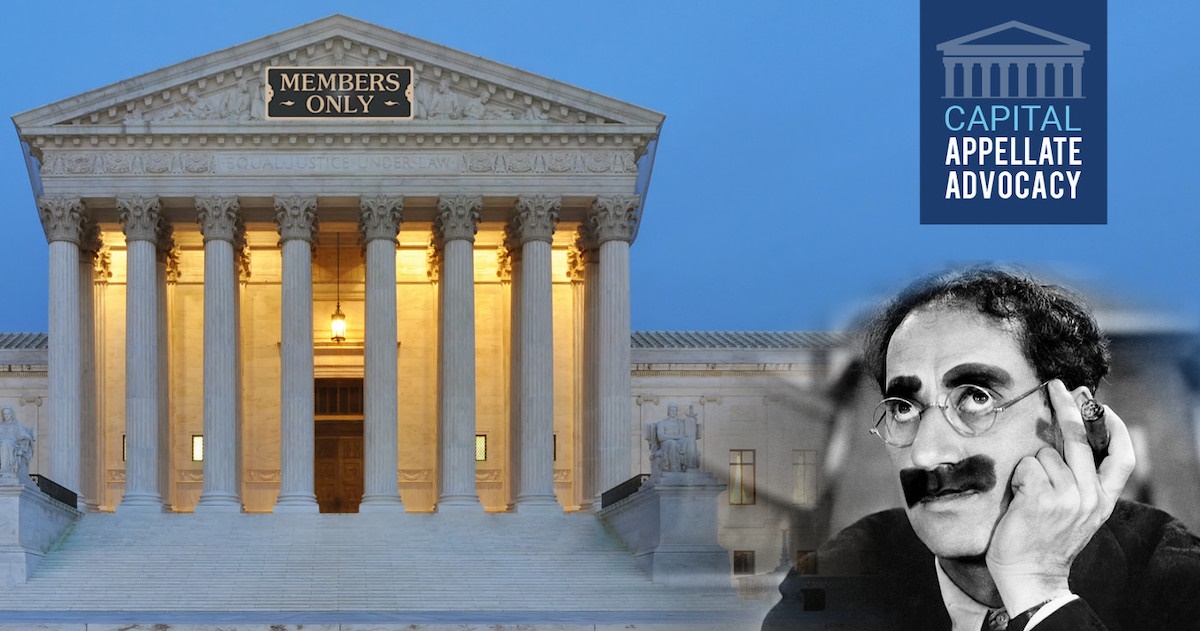“Friendly Guidance” from the Supreme Court Clerk
The Clerk of the Supreme Court of the United States has posted a Memorandum To Those Intending To File An Amicus Curiae Brief (October 2019). For attorneys with experience authoring and filing Supreme Court amicus briefs — see Learning the High Art of Amicus Brief Writing — the Clerk’s guidance does not contain any earthshaking […]
“Friendly Guidance” from the Supreme Court Clerk Read More »





